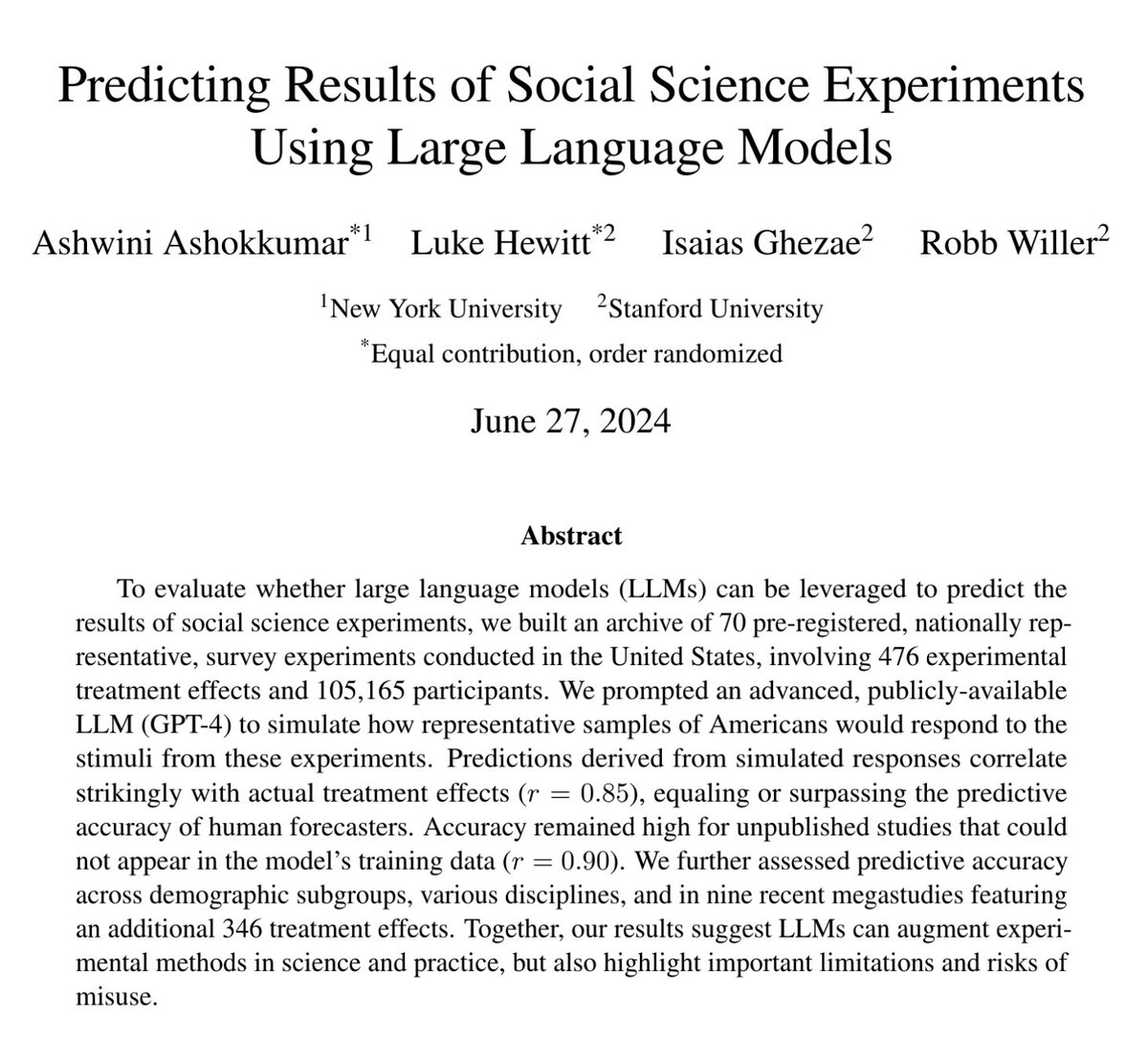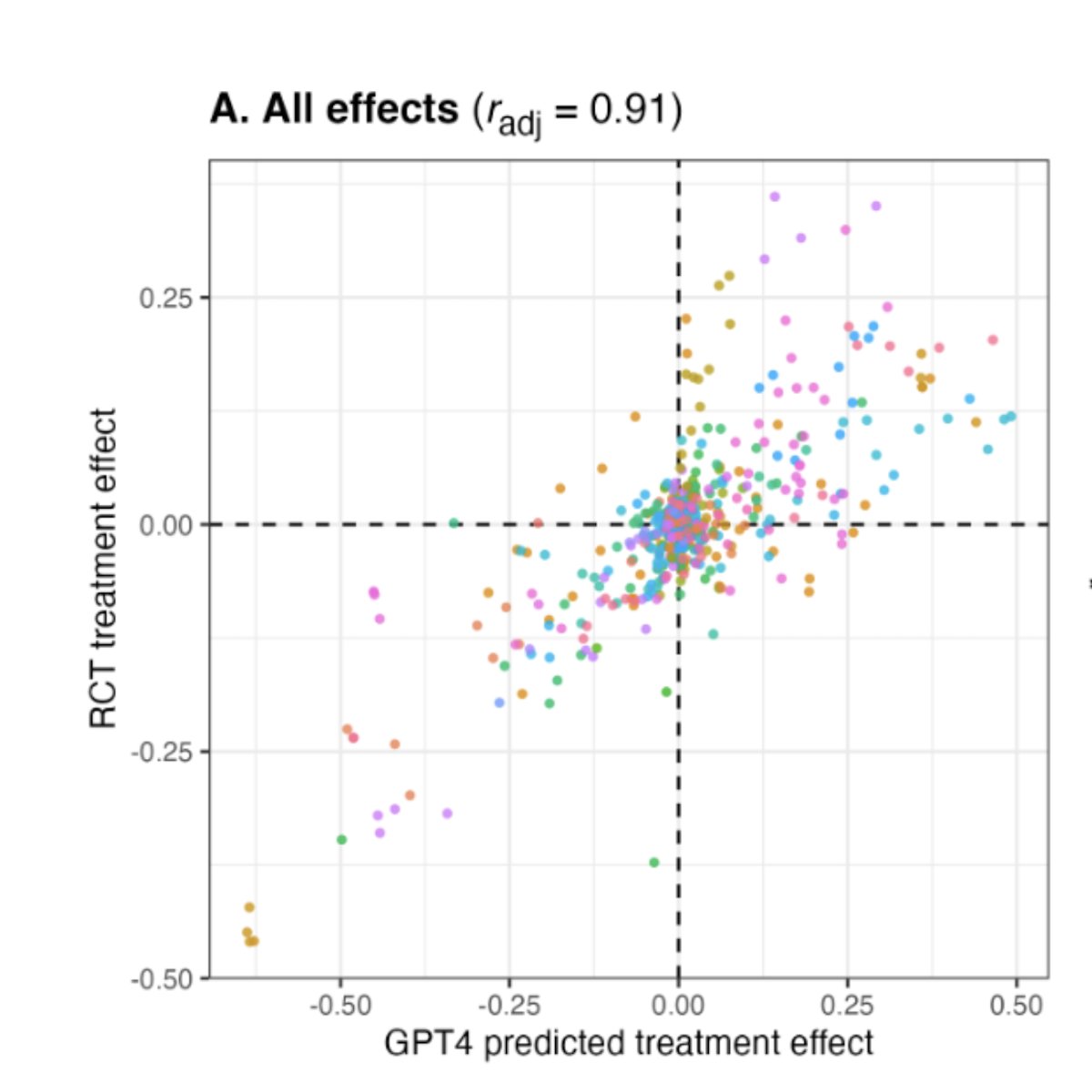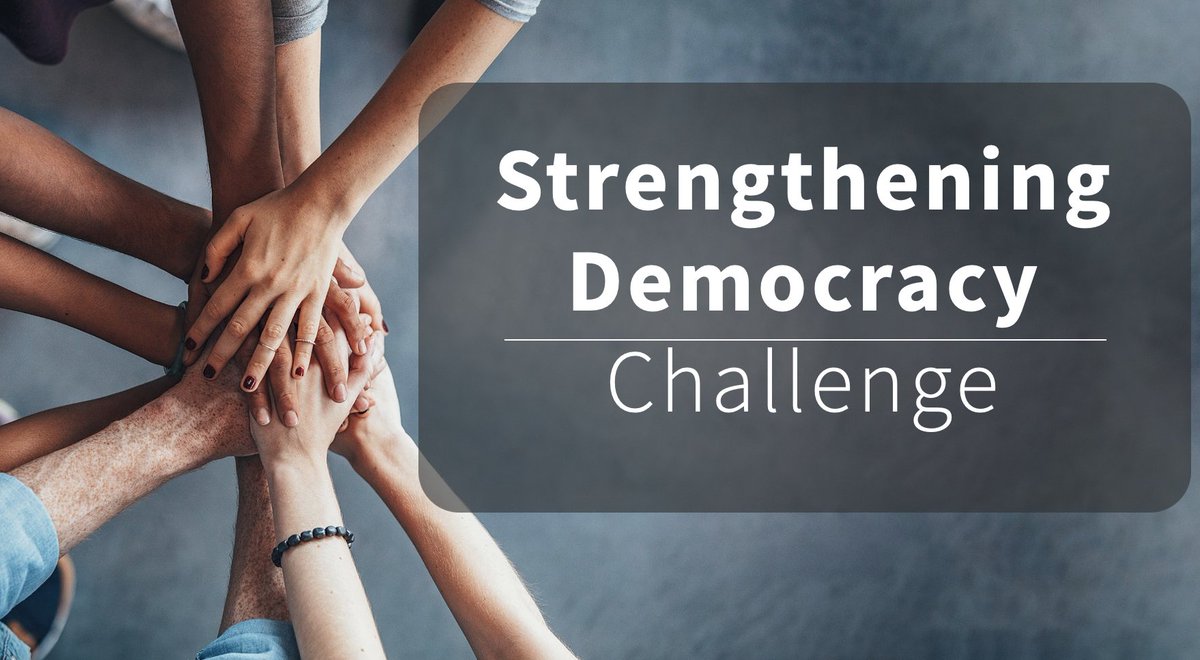Bernie is well aligned with the social science literature in this take.
There's good reason "non-violent discipline" is core to activist training.
Some of the relevant research ITT 👇
There's good reason "non-violent discipline" is core to activist training.
Some of the relevant research ITT 👇

Using historical+int'l data, @EricaChenoweth & Stephan show resistance campaigns in 20th century were 2x as successful if they maintained nonviolent discipline than if they did not.
ericachenoweth.com/research/wcrw
ericachenoweth.com/research/wcrw
Widely discussed @owasow paper shows similar effect in for 1960's civil rights movement. Hard to review 1960's US activism more generally and conclude otherwise.
Compare popular reception, then and now, of
(a) MLK, SDS, freedom riders, etc.,
vs.,
(b) Weathermen, Black Panthers, SLA.
cambridge.org/core/services/…
Compare popular reception, then and now, of
(a) MLK, SDS, freedom riders, etc.,
vs.,
(b) Weathermen, Black Panthers, SLA.
cambridge.org/core/services/…
Highly controlled survey experiments show violent protest generally backfires in effects on public opinion. One example from my lab, @pascl_stanford
…5-4a94-9e9b-5880d0f5c5f3.usrfiles.com/ugd/2f07d4_d61…
…5-4a94-9e9b-5880d0f5c5f3.usrfiles.com/ugd/2f07d4_d61…
Research also suggests "extreme" protest actions - actions that do not cross into violence, but which are seen as causing harm to others, greatly disrupting social order, e.g., property destruction - also decrease support, though effect likely smaller than violence.
…5-4a94-9e9b-5880d0f5c5f3.usrfiles.com/ugd/2f07d4_9ae…
…5-4a94-9e9b-5880d0f5c5f3.usrfiles.com/ugd/2f07d4_9ae…
@JakeMGrumbach wisely points to a prominent exception in this literature, @RyanDEnos et al. find LA riots led to liberal policy support shift. Suggests very strong generalizations here (and throughout social science!) are hard, & highly disruptive approach can motivate change.
cambridge.org/core/journals/…
cambridge.org/core/journals/…
And yet Americans worship the nation's founders, who led a violent revolution against Britain...what gives?!
In Feinberg et al. (2020), we propose the neg effects of violence and extreme protest tactics on popular support are likely reduced, even reversed, where (a) target of protest is viewed even more negatively, and (b) other (nonviolent) resistance approaches are viewed as likely insufficient.
In Feinberg et al. (2020), we propose the neg effects of violence and extreme protest tactics on popular support are likely reduced, even reversed, where (a) target of protest is viewed even more negatively, and (b) other (nonviolent) resistance approaches are viewed as likely insufficient.
Recall also that neg effects of violent protest on popular support are taken-for-granted by many, as reflected in the "agent provocateur" strategy. Movement groups often fear infiltration by plants who will stoke violence to undermine credibility of movement.
Also is fairly taken-for-granted by electorally successful politicians, for example:
- Obama distancing himself from (former Weathermen leader) Bill Ayers
-Clinton's "Sister Souljah moment"
-Reagan's portrayal of activists in 1966 CA gubernatorial run
-Even Nazi's use of Reichstag fire in March 1933 federal election
- Obama distancing himself from (former Weathermen leader) Bill Ayers
-Clinton's "Sister Souljah moment"
-Reagan's portrayal of activists in 1966 CA gubernatorial run
-Even Nazi's use of Reichstag fire in March 1933 federal election
Debate around effects of violent vs. nonviolent resistance recur across the centuries. It's a legit hard conversation, & discipline is hard to maintain, as state actors and radical factions can thwart efforts at nonviolent resistance, recalling this classic quote: 

• • •
Missing some Tweet in this thread? You can try to
force a refresh























